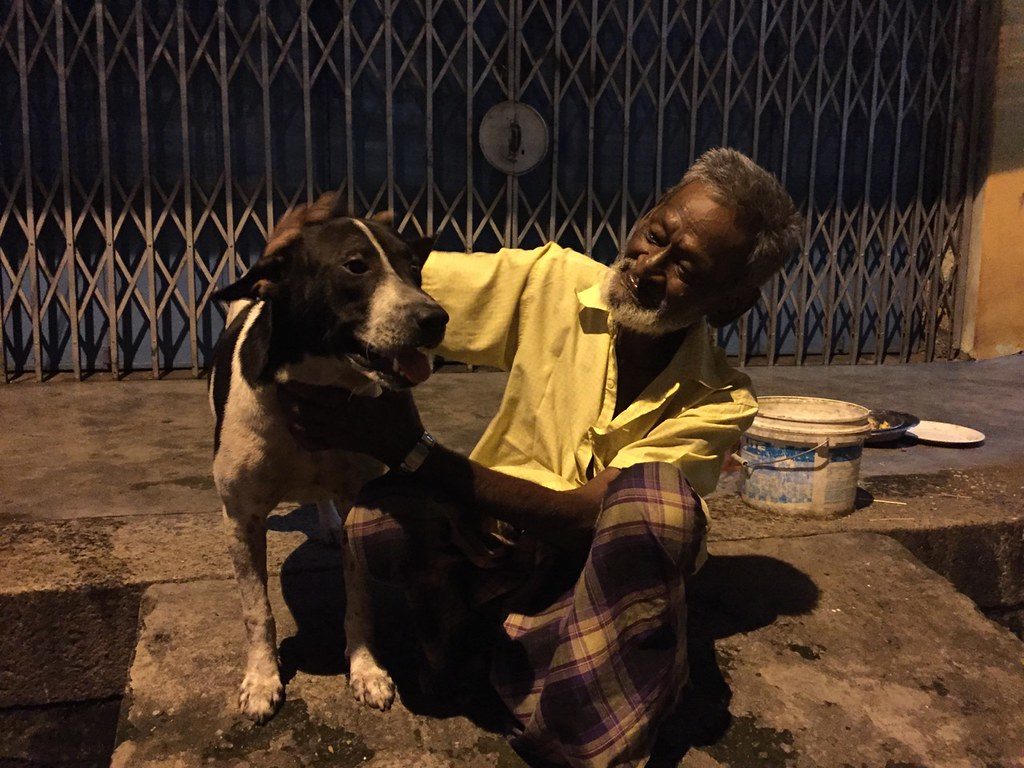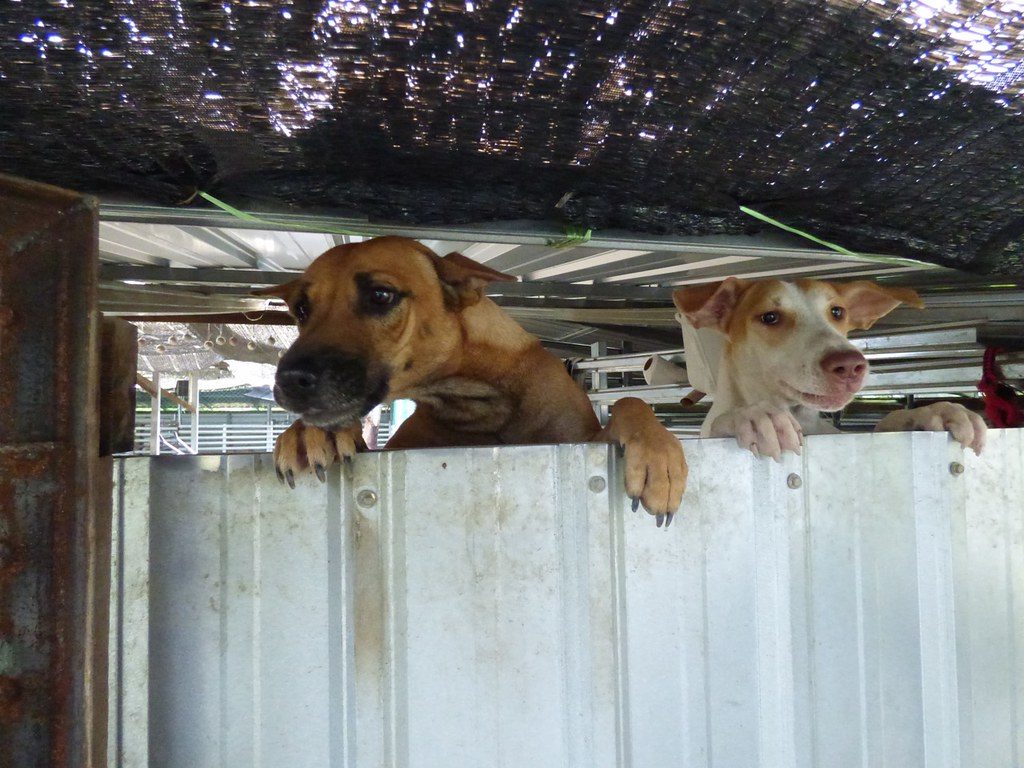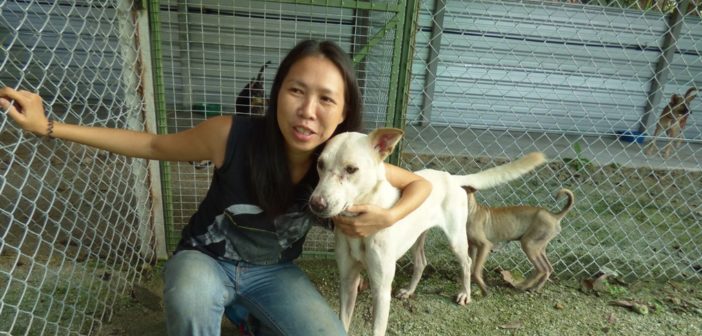Friends of the Earth Malaysia (FOEM) is disheartened to learn that the consumption of dog and cat meat has caught on in Malaysia, with some Vietnamese nationals selling dog and cat meat in the Malaysian state of Selangor and city of Johor Bahru. The trend has even caught on with a group of Indonesian men in Shah Alam, Selangor, who recently killed a stray dog with a machete and ate him.
It is sad to know that our current Animal Welfare Act of 2015 (Act 772) does not prohibit the killing of animals, including dogs and cats, for the purpose of human consumption. However, the eating of dog and cat meat must never be excused as a cultural prerogative. Causing immense suffering and death to animals is not culture—it is cruelty—and that is the crux of the issue. Culture and tradition can be used to excuse all manner of dreadful acts against people as well as animals, but truly it is often used as a smokescreen for behavior that is cruel and inhumane.

“Uncle,” a homeless man in Penang, Malaysia, who cares for street dogs. There is no reason to chalk the dog and cat meat trade up to Malaysian culture, as many Malaysians don’t partake in it and care about animals. Image credit Wolf Gordon Clifton / Animal People, Inc.
The dog and cat meat trade is animal abuse on a massive scale and is intolerably cruel. In Malaysia, there is no explicit recognition of dog and cat meat as legitimate food, or of dogs and cats as animals fit for human consumption, but neither is there a clear ban on the sale or slaughter of these animals.
The method and manner in which an animal is killed should be subject to the provisions of the animal welfare legislation. If such killing caused the animal unnecessary pain or caused the animal not to die instantly, it would likely constitute an offense under the relevant legislation.
Attention must also be paid to the criminal theft of owned pets. Those trading dog and cat meat prefer companion animals because they are easier to handle than feral dogs and cats. This could be the answer to the number of missing or lost pets: they are ending up as food.
FOEM would like to question the legality of eating dog and cat meat. Which authorities are responsible for granting permits for dog and cat meat sales? Is there any certification from the health department to verify that the meat is safe for consumption? Which government agency will be held accountable should there be an outbreak of disease from virus contamination of dog or cat meats? The government does not regulate dogs and cats the way it does other livestock, so the meat of these animals does not fall under food hygiene or meat sanitation laws and is not subject to control, nor is it tested before human consumption.

Dogs in a shelter in Penang, Malaysia. To many Malaysians, dogs and cats are companion animals, not food. Image credit Wolf Gordon Clifton / Animal People, Inc.
FOEM believes the consumption of dog and cat meat should be expressly prohibited. Dogs and cats hold a specific place in Malaysian society as companion animals and eating their meat is offensive to Malaysian cultural values. Due to the many animal welfare and public health concerns, FOEM strongly discourages the consumption of and trade in dog and cat meat. Instead, FOEM encourages rigorous enforcement of existing laws and supports new controls and regulations where current legislation does not exist, aimed at banning what is typically an inhumane and vile practice.
Featured image: April of Penang animal protection organization Save Our Strays poses with shelter dog. April is among many Malaysians who care about dogs and cats. Image credit Wolf Gordon Clifton / Animal People, Inc.





